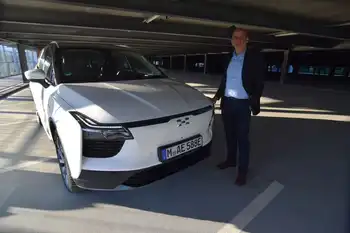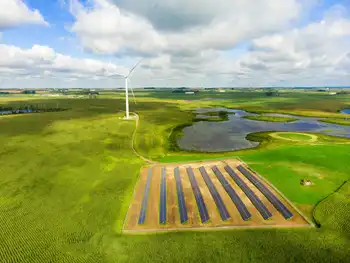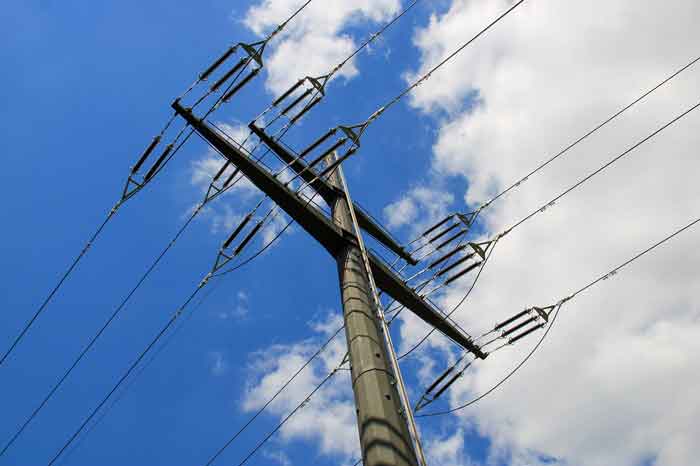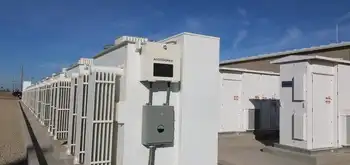Europe Looks More Closely at Plan for Uranium Venture
Areva plans to buy half of Urenco's uranium enrichment research division, the Enrichment Technology Company, but the commission said in a statement that it feared that the deal might result in an increase in the price of enriched uranium, which is used to fuel nuclear power stations. The commission just completed a preliminary monthlong look at the deal.
By creating a structural link between Areva and Urenco, which together have 80 percent of enriched uranium sales in the European Union, the deal could allow the companies to dominate the market, the commission said. It also said it suspected that the venture could result in a slowdown in research and development in uranium enrichment.
Areva, Urenco, USEC of the United States and Minatom/Tenex of Russia dominate the global market for enriched uranium. Advanced enrichment methods used by Urenco and Minatom are still under development by Areva and USEC.
If the deal is permitted, "Areva would have little incentive to continue its R&D efforts," the European Commission said in a statement.
France, Germany and Sweden alerted the commission last month to the proposed joint venture because they were concerned about its impact on competition for enrichment equipment and the low-enriched uranium used in nuclear power plants, the commission said. All three countries have nuclear energy industries that rely on low-enriched uranium.
In the case of France, Électricité de France, the state-owned monopoly, is a customer of enriched uranium producers, including Areva and Urenco.
France's complaint on the deal follows a recent government campaign calling for French "national champions" in various industries, and its opposition to an accord that would bolster Areva struck some as odd. France has also sought Areva's help in bailing out the troubled French conglomerate Alstom.
"France might have been expected to support such a deal that strengthens a French company, but in this case it is more concerned about the deal's impact on EdF and on French electricity consumers," said one person close to the investigation, who insisted on anonymity.
French government officials were not immediately available to comment on the investigation.
Urenco is jointly owned by the German power companies E.ON and RWE, the Dutch company Ultra-Centrifuge Nederland and BNFL of Britain. Urenco's Enrichment Technology Company division develops, designs and builds centrifuges used in uranium enrichment, the most expensive part of nuclear energy production. Gaseous centrifugation is a cheaper way to produce enriched uranium than gaseous diffusion, the method still used by Areva and USEC.
Areva plans to replace Eurodif, now the biggest enrichment plant in Europe, with one that uses centrifuge technology by 2012. Urenco already operates three smaller enrichment plants employing the modern technology in the European Union.
Related News

Tariffs on Chinese Electric Vehicles
CANADA - Canada, a rising star in critical EV battery minerals, finds itself at a crossroads. The question: should they follow the US and EU and impose tariffs on Chinese electric vehicles (EVs)?
The Allure of Protectionism
Proponents see tariffs as a shield for Canada's auto industry, a vital job creator. They argue that cheaper Chinese EVs, potentially boosted by government subsidies, threaten Canadian manufacturers. Tariffs, they believe, would level the playing field.
Consumer Concerns and Environmental Impact
Opponents fear tariffs will translate to higher prices, deterring Canadians from buying EVs. This could slow down Canada's transition to cleaner transportation,…





